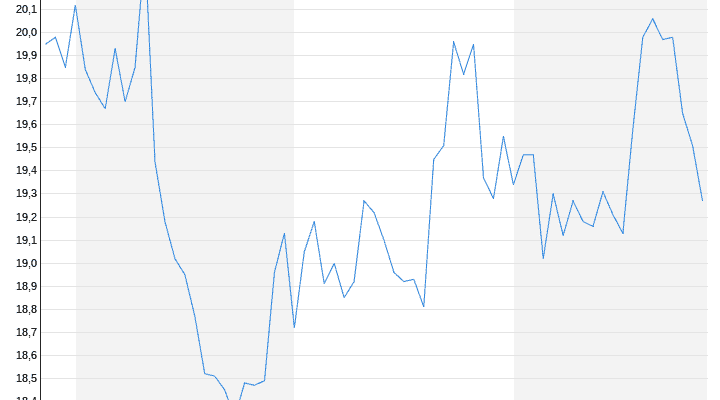Thursday, October 28, 2021
Increase container throughput
Ports can only be competitive if they work together
The competition is fierce with Rotterdam, Antwerp and Gdansk. In order to be able to keep up with the foreign container ports, Hamburg, Bremen and Wilhelmshaven have to come up with something. Cooperation between the ports could significantly increase container throughput. But there is disagreement.
The Hamburg port industry is concerned about Germany’s largest seaport. An increase in throughput of 3.1 percent in the first nine months of 2021 gives the business association optimistic, but the ports in Rotterdam and Antwerp show higher growth rates of 8.6 and 4.8 percent, respectively. The gap to the main competitors increases noticeably. In order to keep up with the growing competition, the port operators from Hamburg, Bremerhaven and Wilhelmshaven examined a merger for three years.
The German container ports have different strengths and weaknesses in terms of access, capacity and hinterland connections. A new super port would not only succeed in catching up with rivals Rotterdam and Antwerp, it could even overtake the newly promoted Danzig. With a cooperation, the ports could significantly increase their container throughput and capacity utilization. This is the conclusion reached by an expert report by the management consultancy Roland Berger, which “Zeit” reported on.
According to this, the three ports handled a total of around 13.7 million standard containers (TEU) in 2020. If they had done that together, the throughput could have been increased to up to 15 million containers, according to the report by the consulting company, which the newspaper had access to.
Personnel issues are a sensitive issue
The listed logistics group HHLA from Hamburg commissioned the Berger report. The consultants were asked to assess the consequences of working together between the eight container terminals in Hamburg, Bremerhaven and Wilhelmshaven and to present forms of cooperation. By winter 2020, the operators of the ports – in addition to HHLA, this is the logistics company Eurogate – had examined an alliance of their northern German container terminals, after which the talks were petered out. The subliminal point in the negotiations was a lot about power and which port had to say that, reports Die Zeit, citing insiders.
“The cultures of the companies involved are very different,” the paper quotes logistics expert Jan Ninnemann. In his estimation, personnel issues could have been a sensitive issue during the negotiations. Another problem: “The costs for container handling are 20 to 30 percent lower in Rotterdam and Antwerp”, quoted the “Zeit” Ninnemann. He believes that HHLA and Eurogate would first have to cut personnel costs and modernize facilities before a cooperation would be fruitful. Nevertheless, HHLA is currently trying to resume explorations.
Other players are reaching for power
Eurogate had also ordered an expert opinion from the Institute for Shipping Economics and Logistics (ISL), which was supposed to assess the advantages and disadvantages of a cooperation and which “Zeit” is in excerpts. The conclusion: A terminal network would have a “clearly positive effect on costs, competitiveness and market share development”. Unlike the Berger report, the ISL study also looks at the consequences for jobs. The cooperation “undoubtedly” also went hand in hand with “savings in personnel”, write the ISL authors.
When both studies were finished, according to information from “Zeit”, the blasphemies on the Weser and Elbe began. The allegations: Roland Berger used general estimates and the ISL prepared a courtesy report, after all, the ISL is the home and yard institute of the Bremen shipping industry. During the negotiations, “some things take place at kindergarten level,” the newspaper quoted an insider as saying.
While a merger has so far failed due to the pride and mentality of the port operators, other players in the ports are already reaching for power. The shipping company Hapag-Lloyd bought around 30 percent of the operating company Container Terminal Wilhelmshaven.
